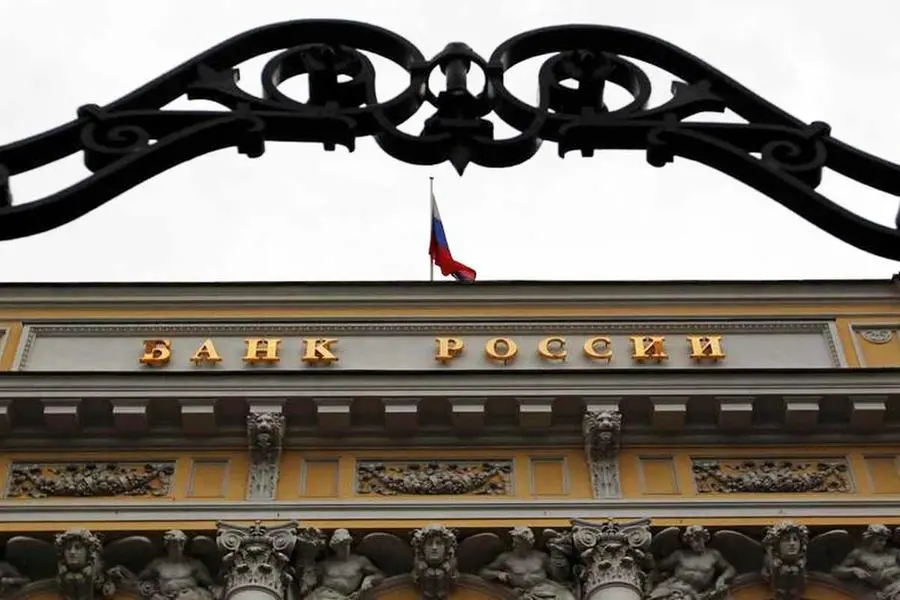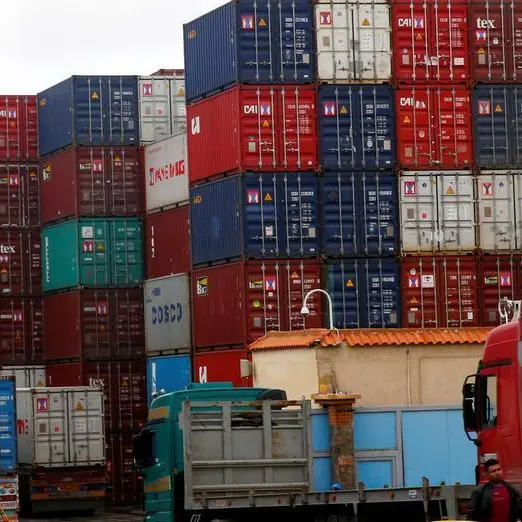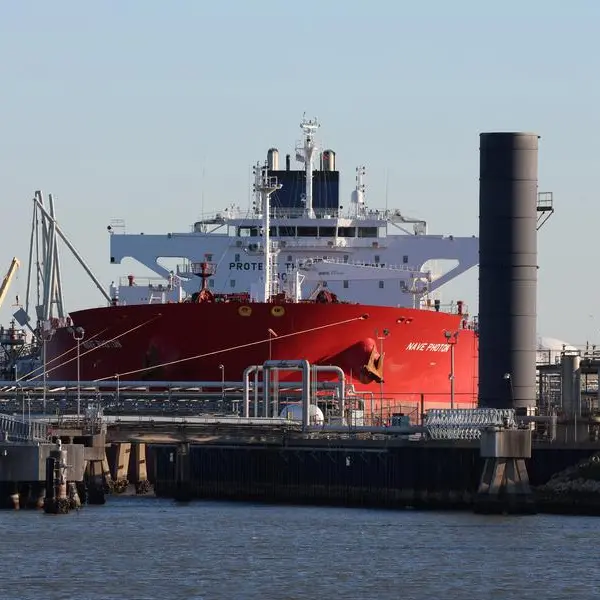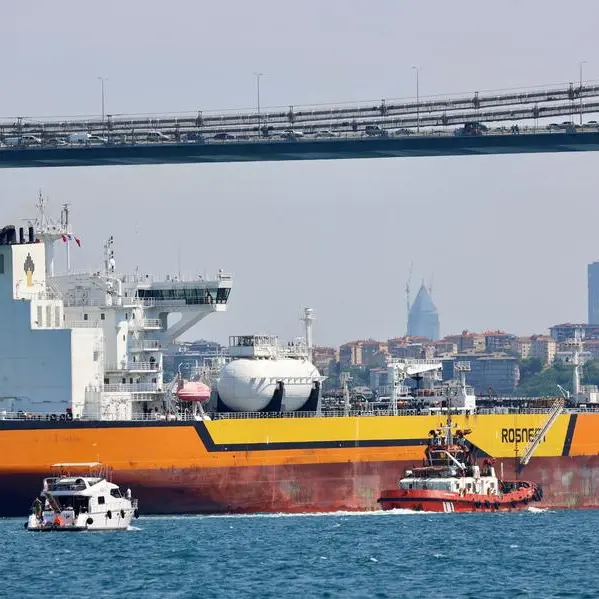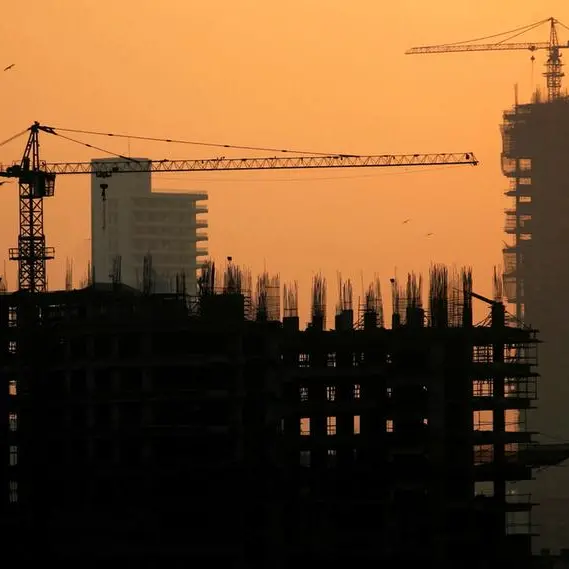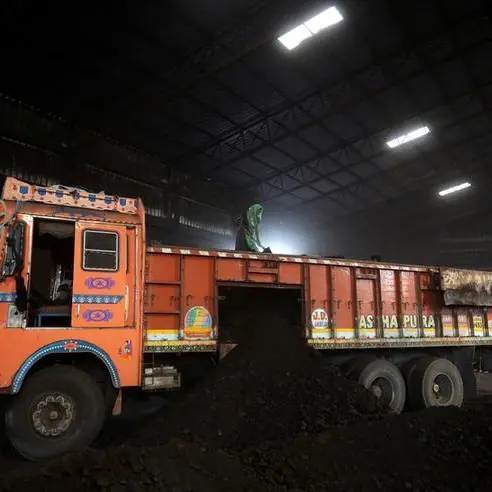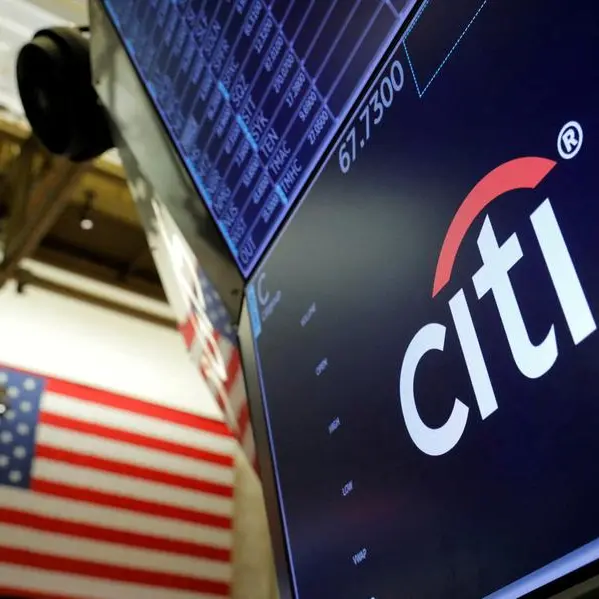PHOTO
Russia's inflationary and disinflationary risks are balanced in the short term, central bank governor Elvira Nabiullina said on Thursday, sending a signal that the central bank was unlikely to change its key interest rate next month.
Russia's central bank kept its key rate at 7.5% last month, cautioning that expectations of price rises had grown and that Russia's partial mobilisation for the military campaign in Ukraine could stoke longer-term inflation due to a shrinking labour force.
In the immediate aftermath of Moscow sending its armed forces into Ukraine on Feb. 24, the central bank raised its key rate to 20% from 9.5% in order to mitigate risks to financial stability. It cut the rate six times since then.
Asked what decision the central bank may make to the rate level next month, Nabiullina told reporters that on the short-term horizon, pro-inflationary and disinflationary risks are balanced.
"We are in a neutral monetary policy zone and our forecast assumes that the rate can either stay the same, go up or go down in 2023," she added.
The central bank has said that the partial mobilisation announced by Moscow in September, which finished in October, could have both disinflationary and inflationary impacts due to subdued consumer demand and supply-side restrictions, respectively.
Russia's consumer price index rose 0.01% in the week to Nov. 7, according to the Rosstat federal statistics service, easing from a 0.07% rise recorded a week earlier, a trend some analysts said reflected weakening consumer demand. (Reporting by Elena Fabrichnaya, Editing by Jane Merriman and Susan Fenton)
